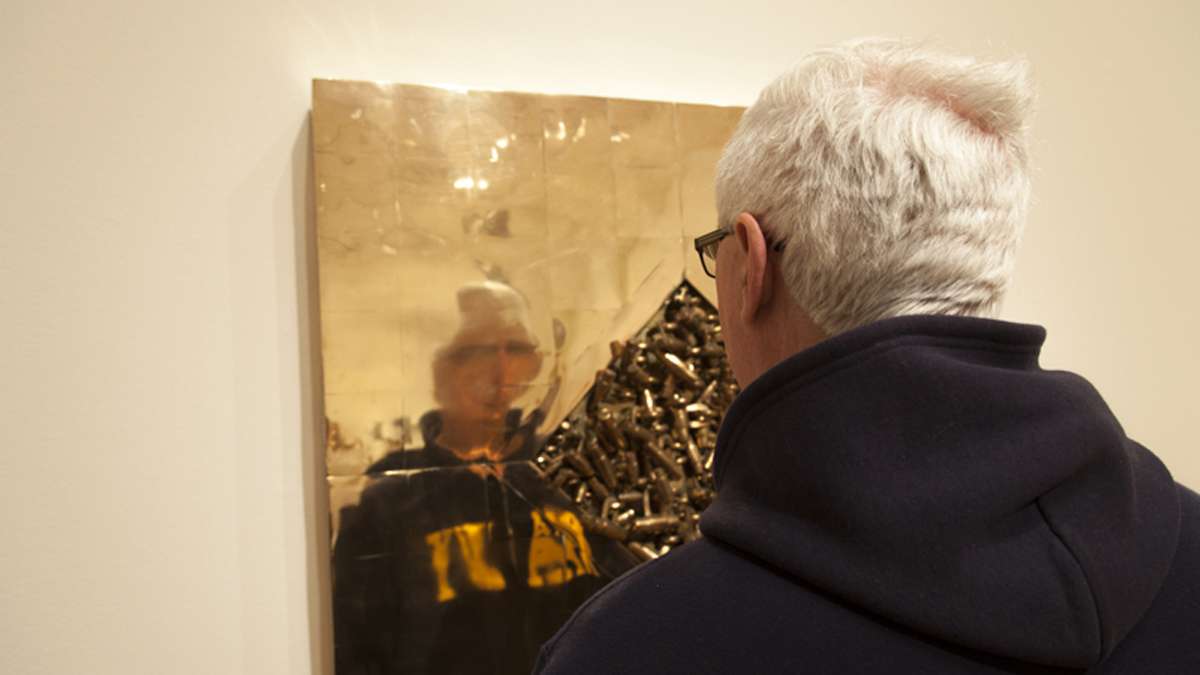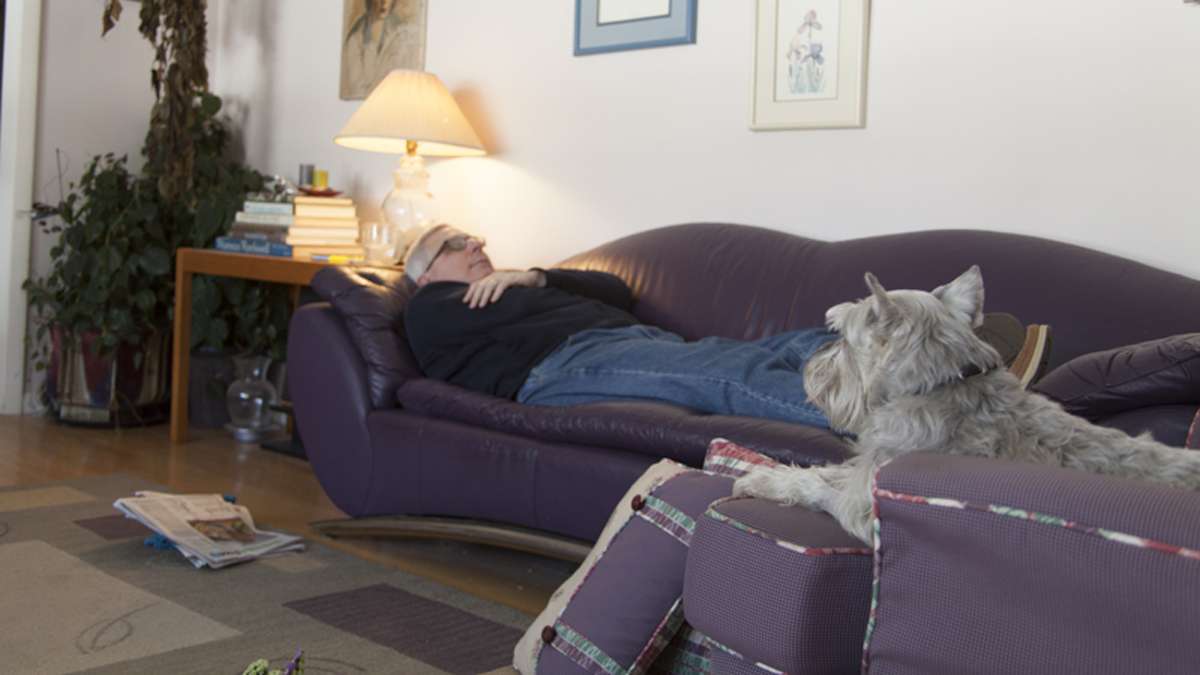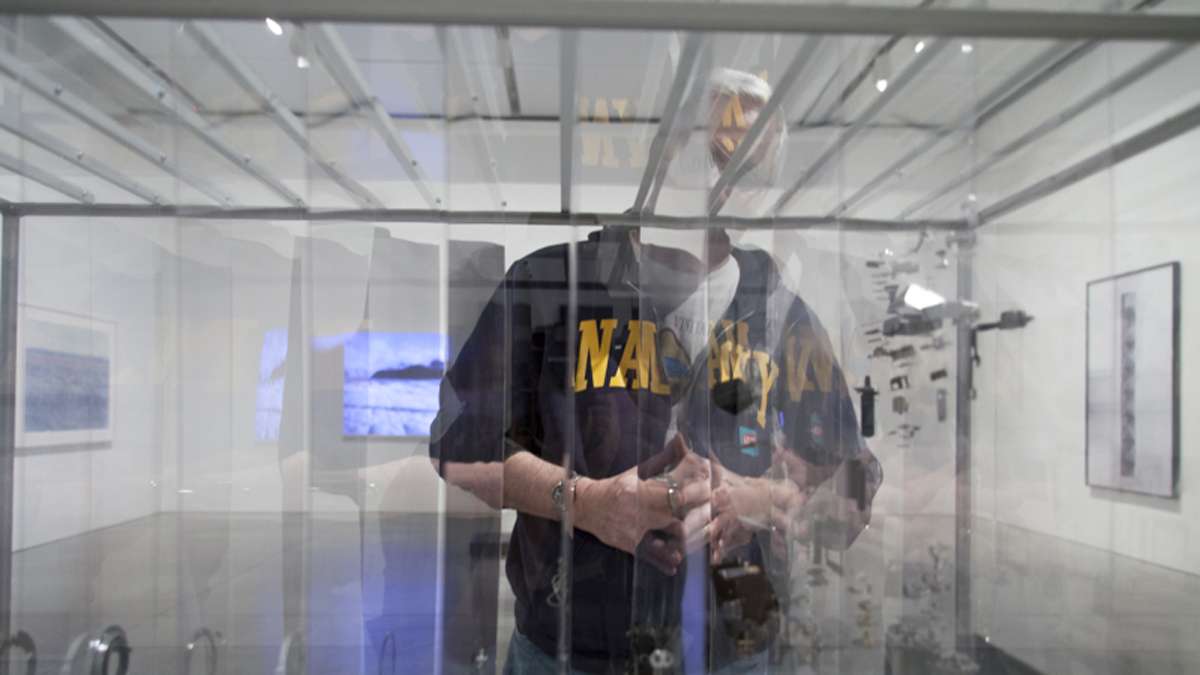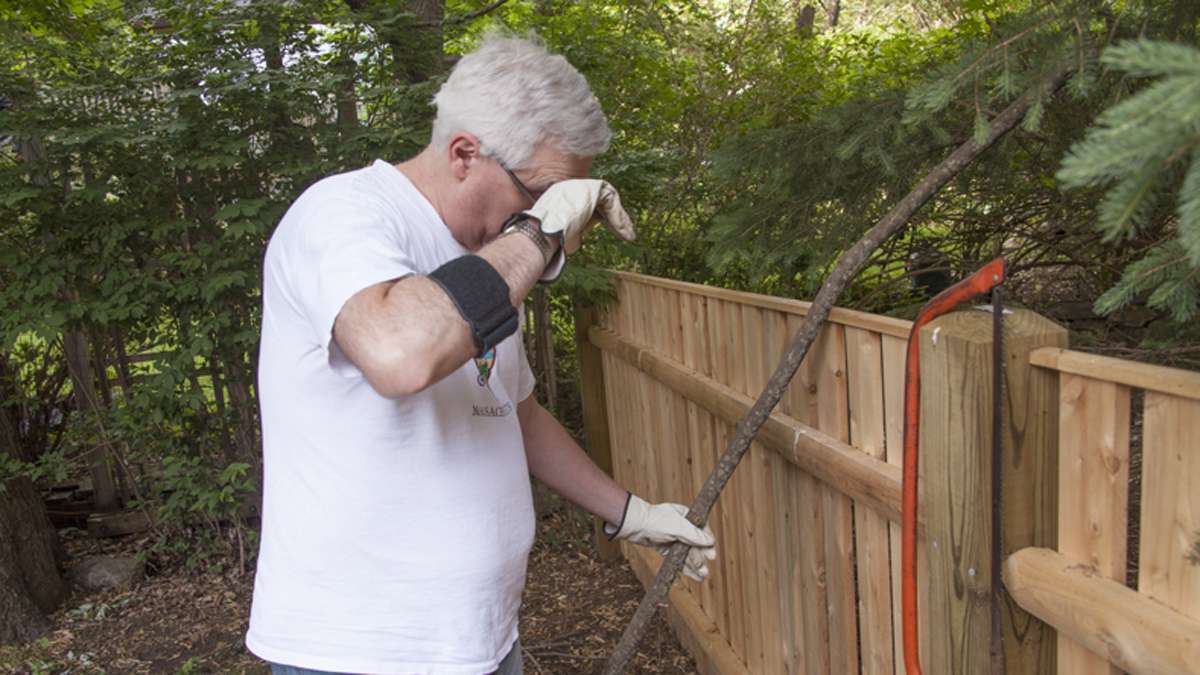Documenting dad’s dementia through photos and audio
ListenEllie Brown is a local photographer who has been documenting her father’s development of dementia. A couple of years ago, the family noticed his mind starting to slip, getting slowly but progressively worse. Ellie has been documenting her father with photography, journal writing, and audio interviews with him. Here’s her story.
After years of ambiguous dementia, my father was diagnosed in 2015 with early onset Alzheimer’s at the age of 64.
The loss of a bright and active mind is a terrible thing. It’s scary and it’s heartbreaking.
These images are the beginnings of a very long documentary project. My father is the most important person in my life, and I don’t want to miss a moment of his remaining lucidity.
It’s devastating to talk to my father every week and to notice the slight changes as he is falling away, a small piece at a time. The amazing part thing about my father is that he’s more worried about the impact his disease will have on the family than himself.
His life is smaller and quieter. He longs to still be productive and a contributing member of society. My father is learning to look at the daily changes in his life and mind with an inquisitive mind. “Oh, I’m forgetting THIS now. That’s new.”
Memory is a trickster to begin with. With Alzheimer’s added on top of something already unreliable, comes the loss for words, a disruption of daily life, how to perform familiar daily functions, confusion about time and space, dizziness, misplacing items, and a lot of anxiety and depression about the memory loss.
There is a team of neurologists in Boston who are trying get my father into a clinical trial. He’s happy to know that whatever trial he participates in may help others who come after him, but may or may not be able to alleviate his own symptoms.
My stepmother Jane is his caretaker. Her crucial role in his life is also part of this story. They have a very loving relationship and it’s a small solace to me to know that he’s being cared for.
When we spend time together, we now avoid crowds and busy places. Sometimes I can see the pained expression in his eyes when he is uncomfortable in a place and is trying to keep his brave face on. I’m moving 600 miles closer to my father in August and my plans for spending time together will be geared towards wellness activities like yoga, acupuncture and more nature walks.
I’m taking notes after every time we speak, recording audio every time I see him and I am photographing his every move. Sometimes it pains my father to see my photos and be reminded of what’s going on with his condition, but he generously understands why I’m photographing. I need to document my father changing and I need to share the experience with others who have been through or are going through similar experiences. Though the slow, quick, slow decline of my father and its effect on my family is very personal, it’s also about everyone else who suffers from Alzheimer’s. Everyone’s story is different, but the one common thread is that this disease is like watching a car crash in slow motion. We all know how it ends. I will be there with my camera until it does.
WHYY is your source for fact-based, in-depth journalism and information. As a nonprofit organization, we rely on financial support from readers like you. Please give today.












